Join our webinars: Getting started with Datawrapper, and a Maps Deep Dive
June 20th, 2023
3 min
Datawrapper lets you show your data as beautiful charts, maps or tables with a few clicks. Find out more about all the available visualization types.
Our mission is to help everyone communicate with data - from newsrooms to global enterprises, non-profits or public service.
We want to enable everyone to create beautiful charts, maps, and tables. New to data visualization? Or do you have specific questions about us? You'll find all the answers here.
Data vis best practices, news, and examples
100+ articles that explain how to use Datawrapper
Answers to common questions
An exchange place for Datawrapper visualizations
Attend and watch how to use Datawrapper best
Learn about available positions on our team
Our latest small and big improvements
Build your integration with Datawrapper's API
Get in touch with us – we're happy to help
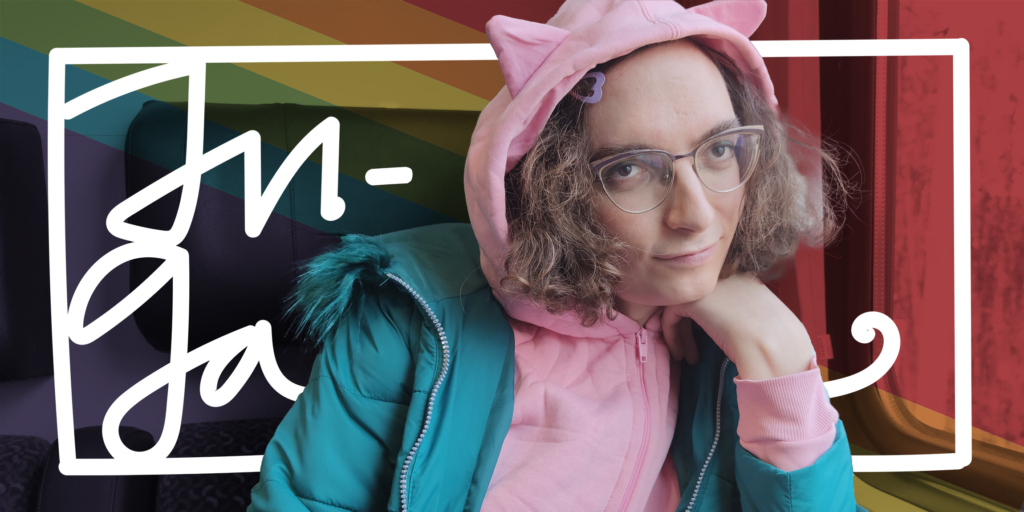
After welcoming our new data vis developer Elliot and our full-stack developer Doce, our third code-mastering hire in September is Inga Lev (she/her), who joins our team as a full-time senior backend developer. Inga will work with our developers Jakub and Hendrik on improving Datawrapper’s speed, reliability, security, and developer experience behind the scenes of the Datawrapper app.
We asked a few questions to get to know Inga better:
Sure! I’m a backend developer living in Berlin and I will maintain Datawrapper’s backend, its “invisible plumbing.” People say that I have high attention to quality and that I make other developers’ lives easier, and I hope to continue this approach here at Datawrapper. (People also say that I use parentheses too liberally, but hey, this means that for a lot of sentences, you get a bonus sentence for free!)
I live with my wife and our adopted cat daughter, who we rescued from the cat shelter ten years ago and who had to endure quite a few moves. We’ve been living in Germany since 2020, and in Berlin since 2022.
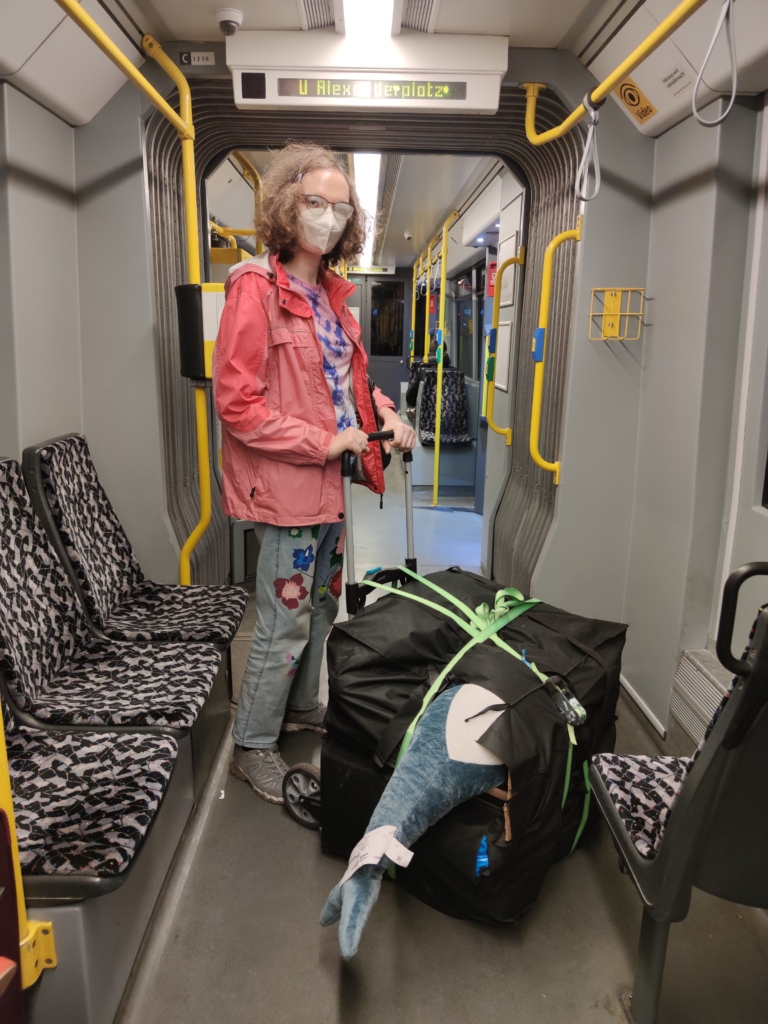
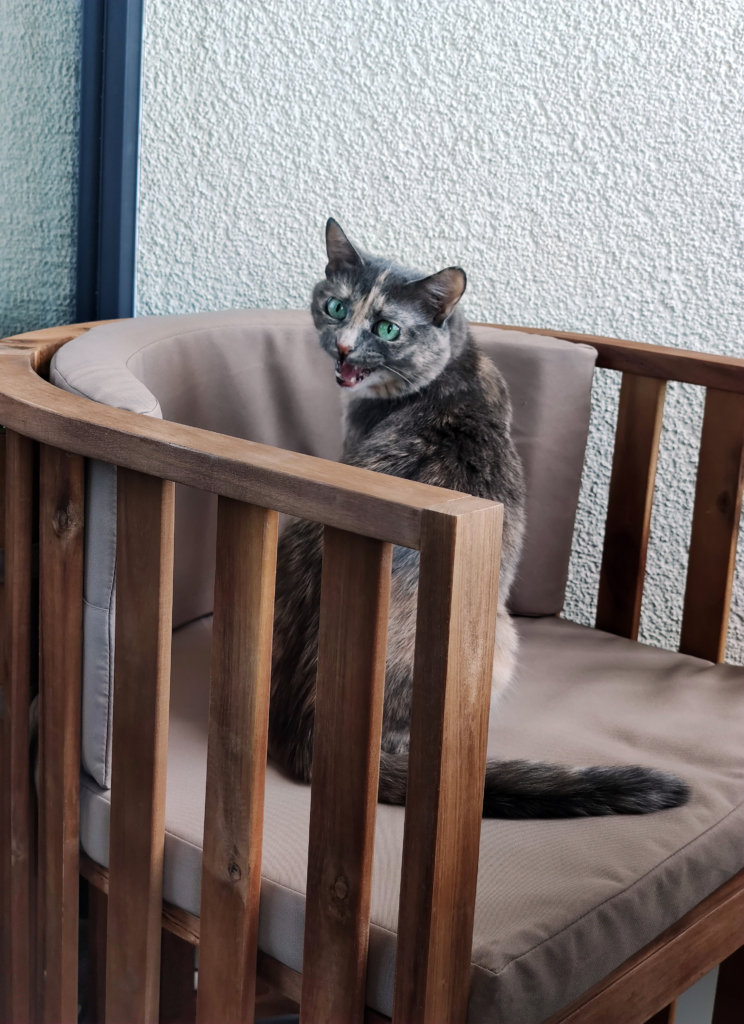
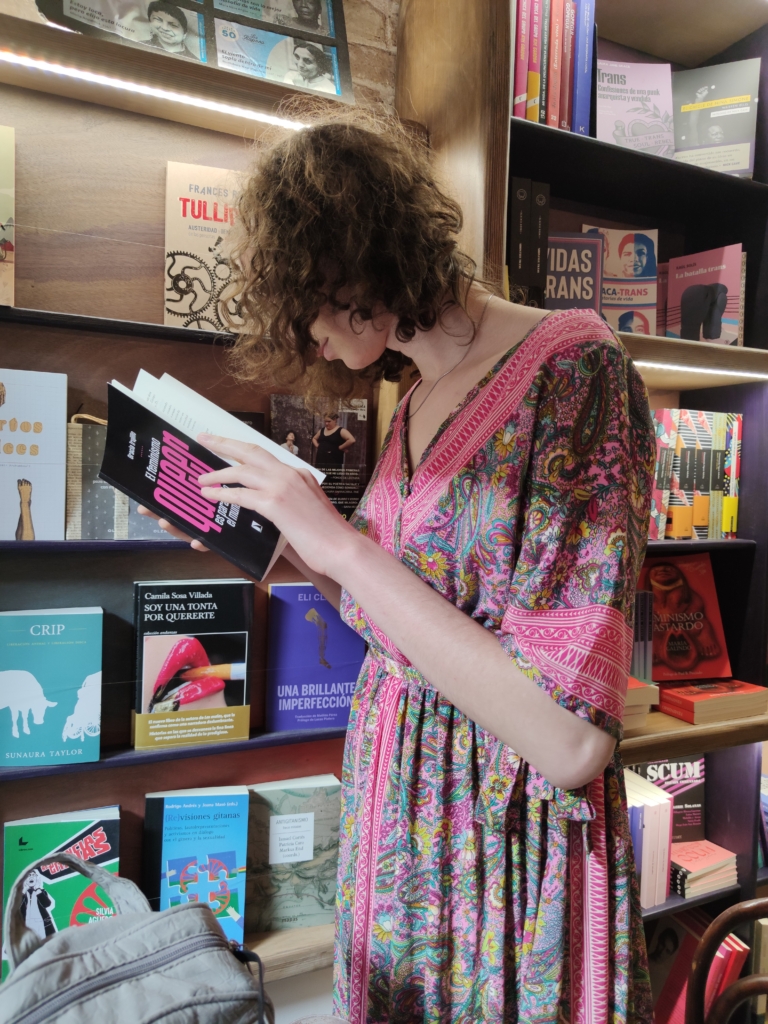
Outside of working hours, you can usually find us on a couch that’s too soft and sleep-inducing, reading books or watching TV shows, baking, or chatting with friends. We also love walking around the city or hiking, if there are nice places around. (We hiked much more in Nuremberg.)
My first experience with programming was in my childhood when we got a Soviet programmable calculator with 6KB of RAM and BASIC support. After that, things got a bit out of hand: Prolog in summer school, web homepages, programming contests with Pascal (the language, not the coworker), and before I knew it, I was doing some PHP web development for friends of the family and, after getting to university, C homework for classmates. Continuing with programming felt only natural after that. I was basically non-stop developing one thing or another since I was 14, mostly on the backend, but also spending some years as a systems architect and a team lead.
I majored in pure mathematics, but it was very difficult to choose an area (I jumped from measure theory to number theory to probability theory before finally publishing a preprint in computational logic… which is, if you happen to be interested in computational logic, available online – and yes, my programming experience helped me to write chapter 7).
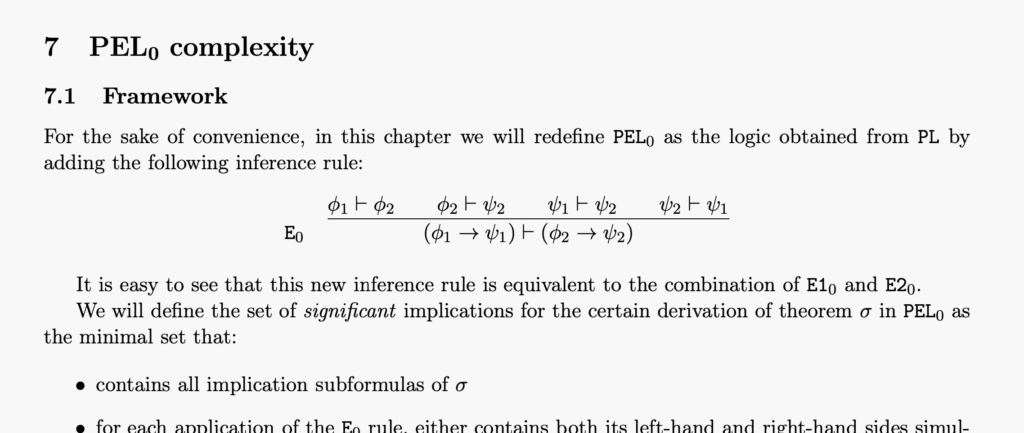
Because of my many interests, I also looked beyond mathematics at university and studied economics, sociology, psychology, and linguistics. Our mathematics dean became very angry that I was only spending one-third of my time under his wing!
For financial reasons, I had to continue my software engineering career instead of pursuing a Master of Science in economic sociology, but my interest in how the world works remains.
One project that proved to be useful for people is my Mutual Sympathy Bot. I created it for shy or neurodivergent people who want to know if their crushes like them back: A person can log their sympathy toward another person and get notified if that other person does the same for them. Right now it works in the Telegram messaging app, where it has seen 168 users and informed 34 pairs about their mutual sympathies. From what I have heard, some of these 34 resulted in actual relationships where there would be none without this project.
I’m interested in the movement away from corporate, global “walled garden” social networks toward federated networks, and I maintain my own glitch-soc, Gitea, and Matrix instances. (I met all my friends in Germany on the fediverse.) So I’m also trying to extend the Mutual Sympathy Bot beyond Telegram to avoid people having to have trust in the maintainer (who is myself), but I haven’t had time yet to go beyond the architecture draft.
Another small, popular project is my Radeon Reset Bug fix service, allowing the use of Radeon cards in virtual machines, while only modifying the guest, with zero requirements for the host. As far as I know, quite a few people are actually using it.
Welcome, Inga! It’s great to have you as part of our Platform team.
Comments